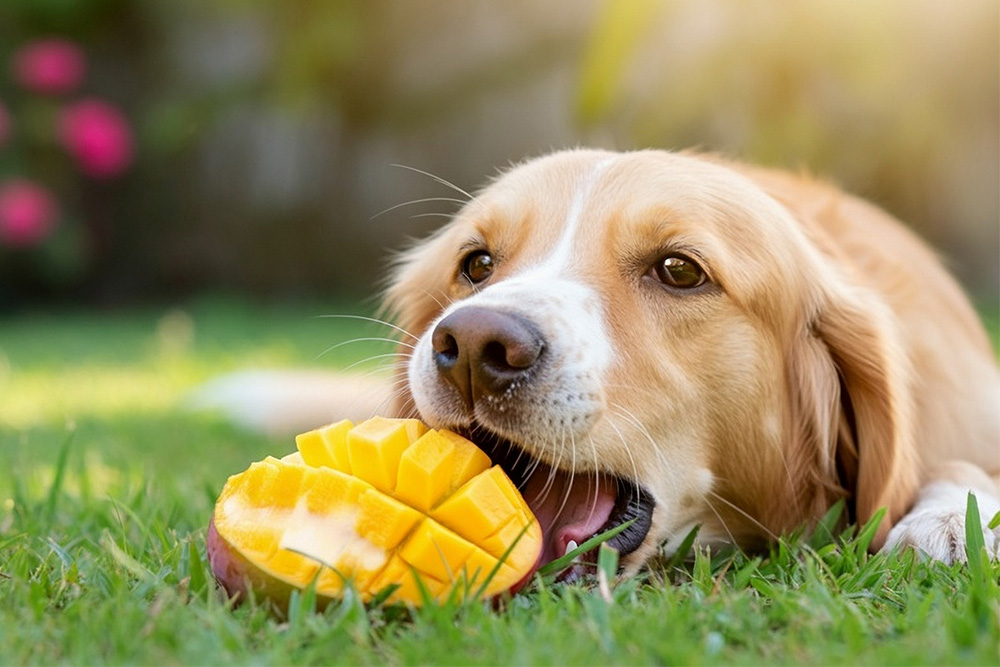Can Dogs Eat Cheese?

Certain dairy products are safe for dogs to consume. Milk and products based on milk may be fed to your dogs in small amounts. But what about cheese? Is it safe? Note that not all dairy is good for dogs. If you notice any worrying symptoms in your pet after feeding them dairy products, you should stop feeding them immediately. Also, dairy should not be a bulk part of the dog diet.
Is Cheese Safe For Dogs?
Dogs have many culinary tastes, so they may want to try some cheese. One sniff of the cheese and dogs start wagging their tails in mid-flight, praying for a piece of the deliciousness as soon as the owners open the packaging. And in that case, can you feed your pet cheese? Dogs can eat cheese, but it depends on the cheese type. There are numerous kinds of cheeses. Most cheese varieties are safe for dogs, but a few are a no-go and can harm dogs. Discover what types of cheeses dogs can have and which should be avoided in a canine diet.
What Cheese Is Bad For Dogs?
Dogs can eat cheese, but some cheese can be harmful. For example, any mold cheese, such as blue cheese, camembert, or gorgonzola, is dangerous. These cheeses are prepared with specific types of molds that are bad for pets. Dogs can be poisoned by toxic chemical compounds in these cheeses. For this reason, do not give this kind of cheese to your dog.
Also, be aware of the fat and salt content before you give your dog any cheese. High fat and salt content cheese is not good for dogs. Such as halloumi and feta. Fat and salt content in dog foods can cause several diseases, including obesity and pancreas or heart problems. In addition, watch out for other cheese additives. In particular, never ever feed your dog cheese with garlic or onion, which is highly toxic.
What Kind Of Cheese Can Dogs Eat?
The only exceptions are the cheeses mentioned in the previous paragraph. The rest of the cheese is perfectly safe for dogs. As such, dogs can eat cheese and enjoy this high-protein dairy food. Additionally, it can work as a probiotic and positively impact the intestinal flora of dogs. Cheese, for example, can be used as a treat or reward for good behavior, as well as a training motivator if your dog enjoys eating it. Cheese is also a great way to disguise medication to make it easier for your pet to take its medicine without knowing.
But let me remind you that some dogs can be lactose intolerant, and cheese can cause tummy issues. This also means that you have to be moderate with cheese. Offer cheese in small quantities, particularly when you introduce cheese to your pet for the very first time. If cheese triggers symptoms like diarrhea, cease giving it to your canine.
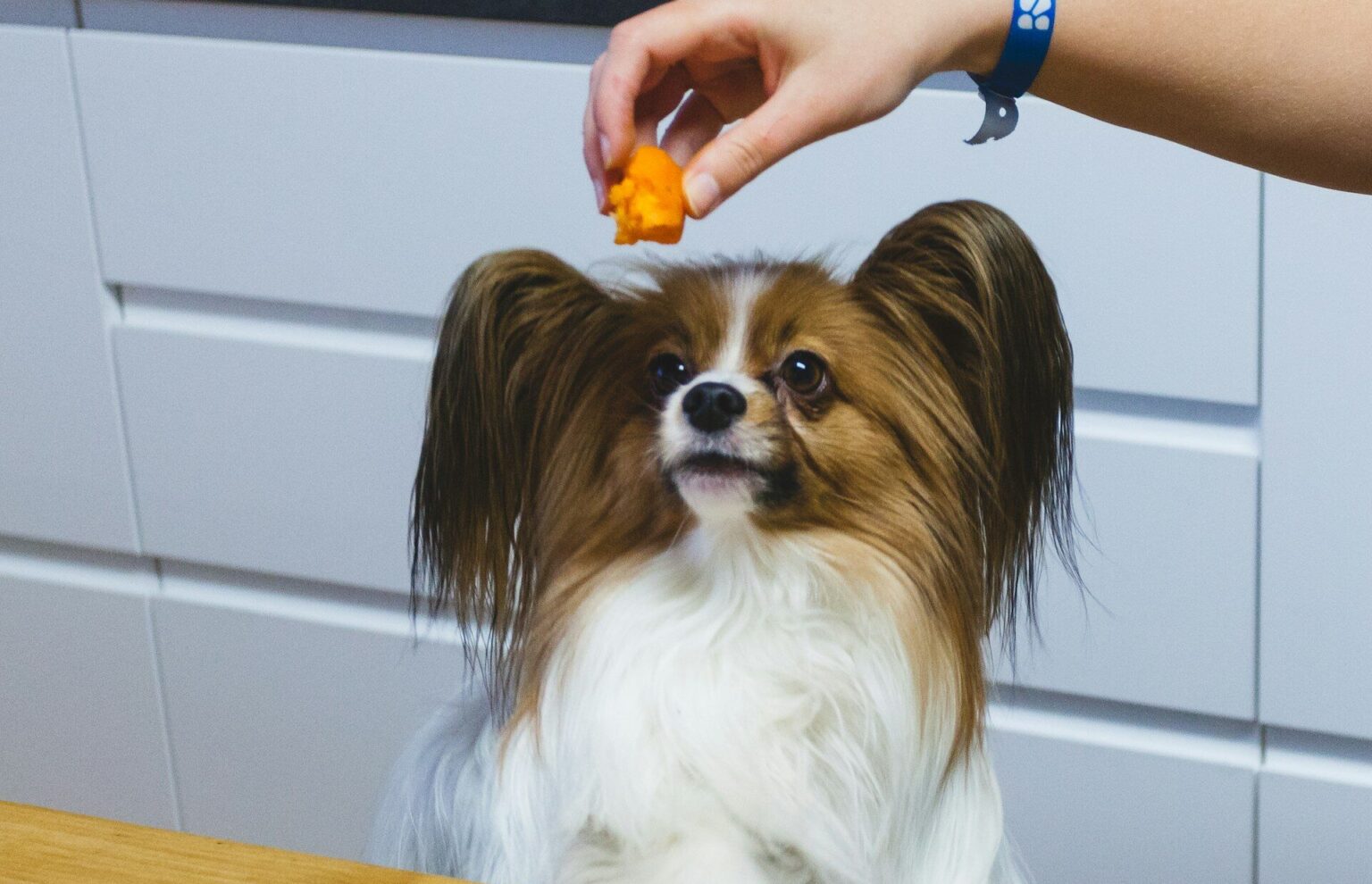
Summary
Dogs can eat cheese, but you should choose cheese very wisely for your pet. Some cheeses can be harmful, but most are fine in small amounts. It is always advisable to consult your vet first. Due to their poor lactose tolerance, some dogs might experience a negative response to cheese.
Sources
- Ye Jin Kim, Ho-Eun Park, Wan-Kyu Lee, Jun-Sang Ham, Sang Un Park, Jae Geun Kim, Kyung-Hoan Im, Jae Kwang Kim (2020). Investigations on Metabolic Changes in Beagle Dogs Fed Probiotic Queso Blanco Cheese and Identification of Candidate Probiotic Fecal Biomarkers Using Metabolomics Approaches.
https://pmc.ncbi.nlm.nih.gov/articles/PMC7464839/ - Emanuela Kayser, Shannon E. Finet, Maria R. C. de Godoy (2024). The role of carbohydrates in canine and feline nutrition.
https://pmc.ncbi.nlm.nih.gov/articles/PMC11188962/
